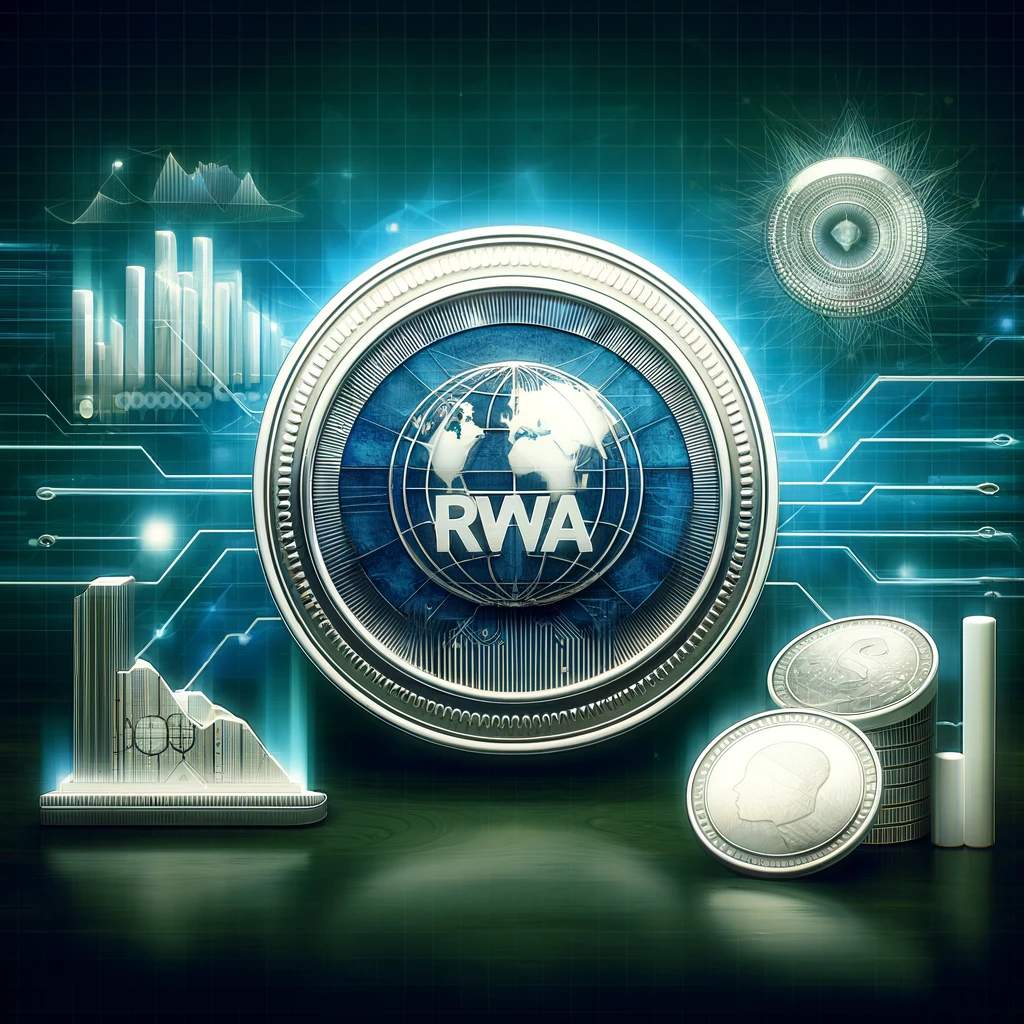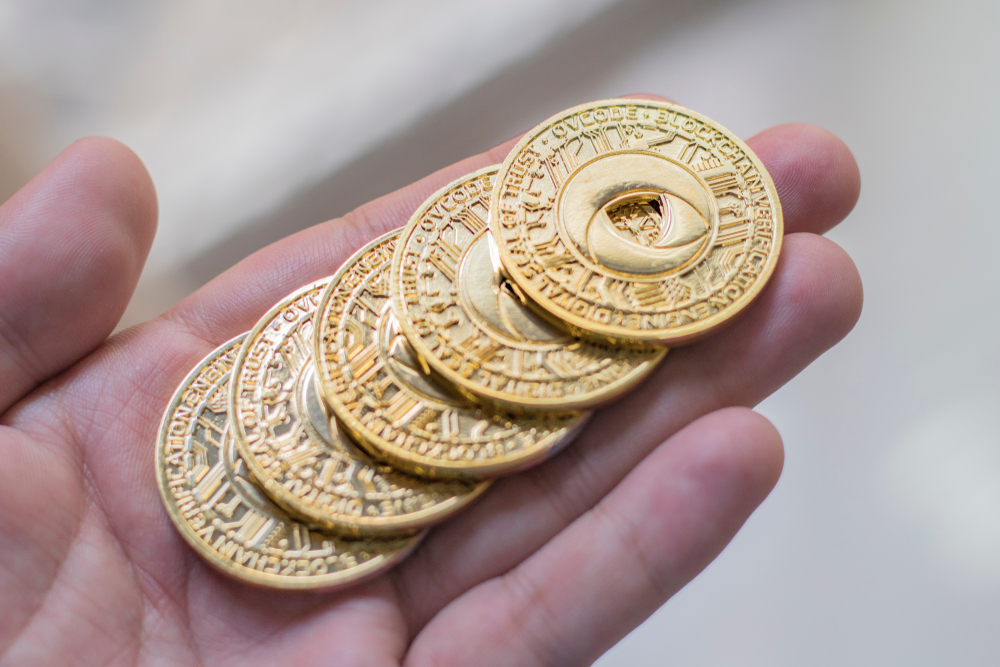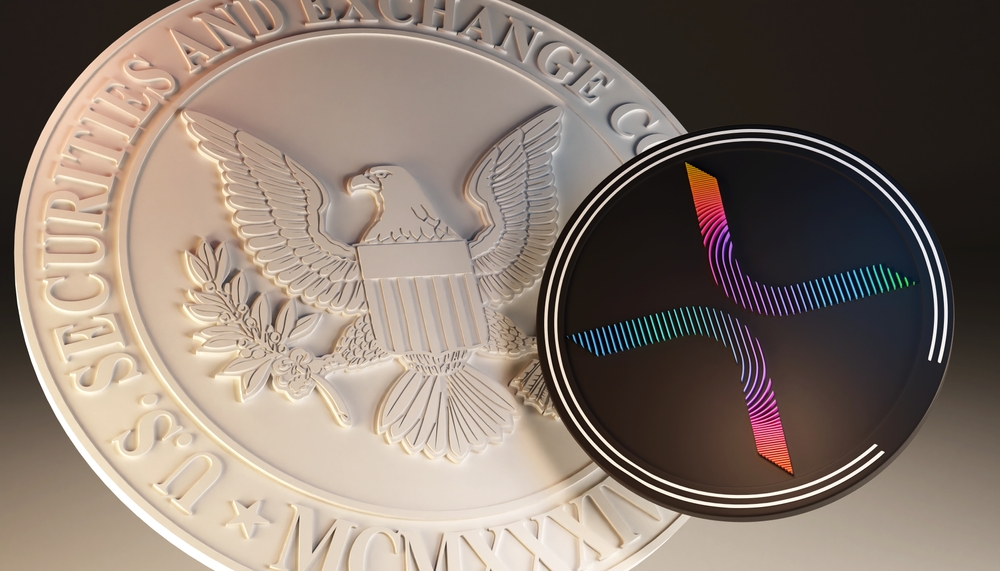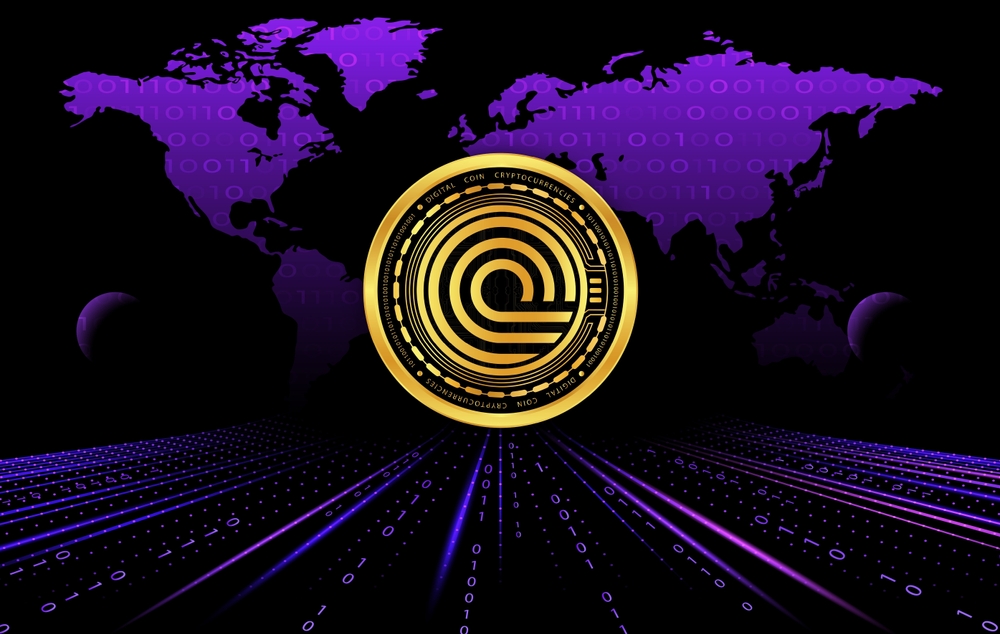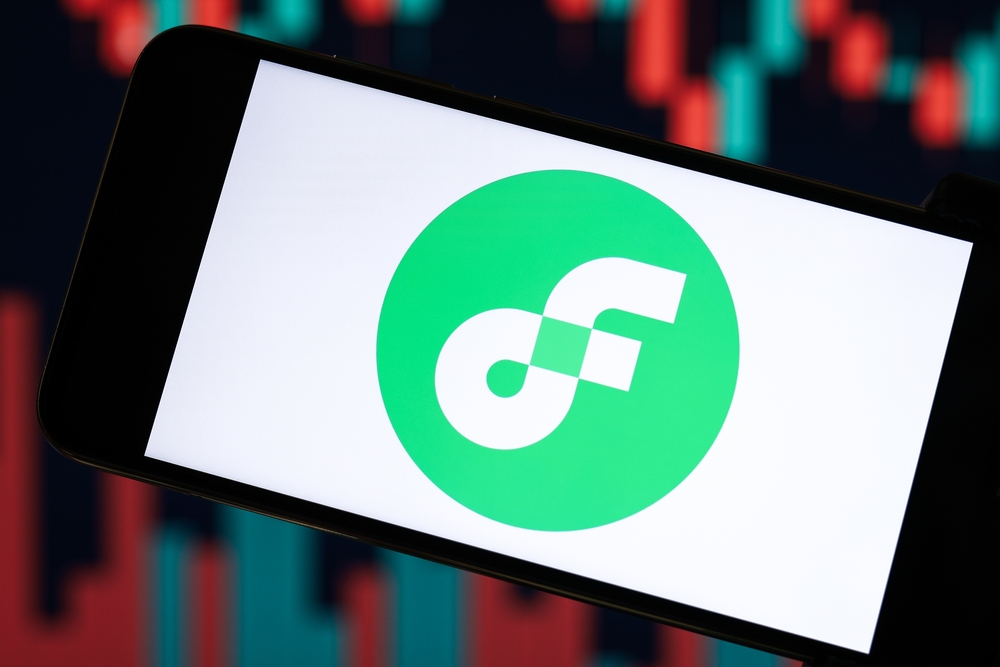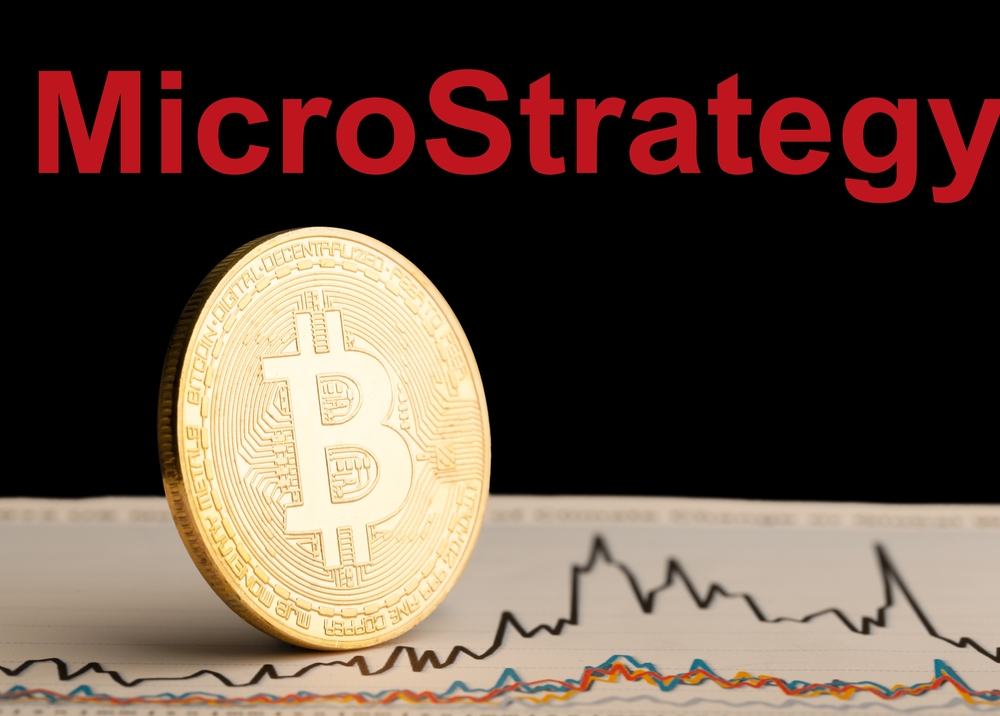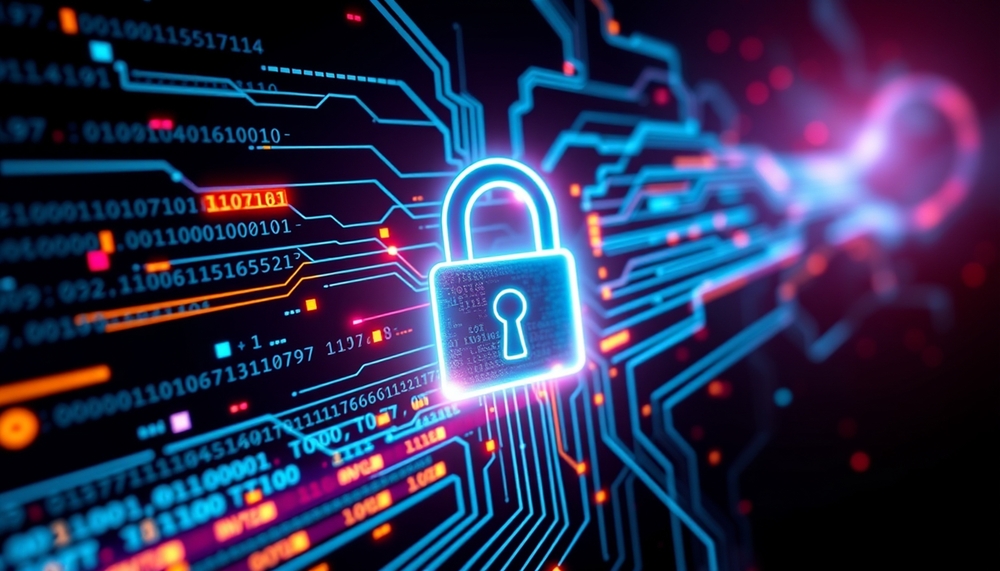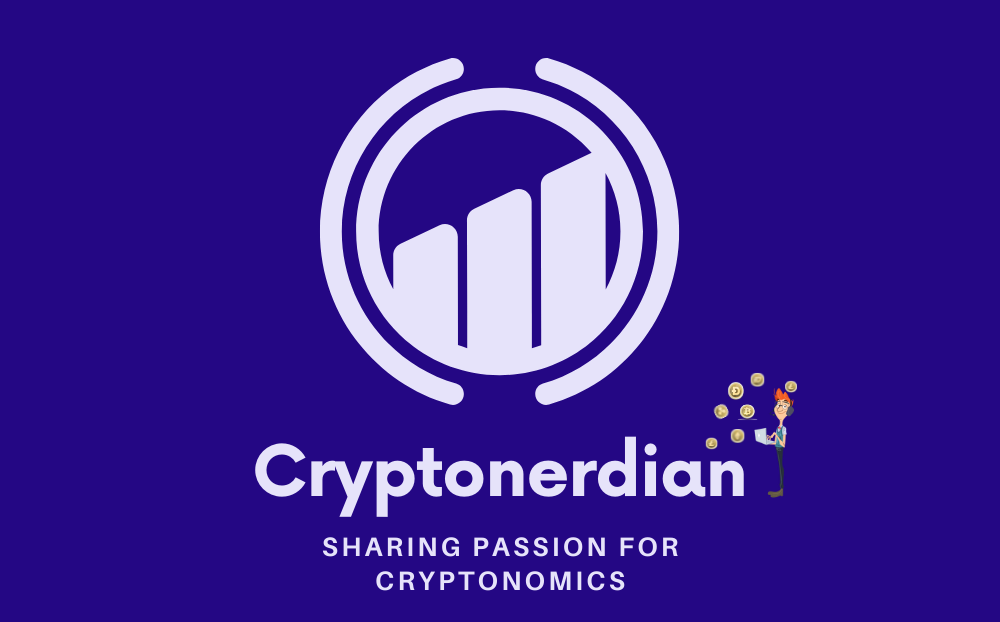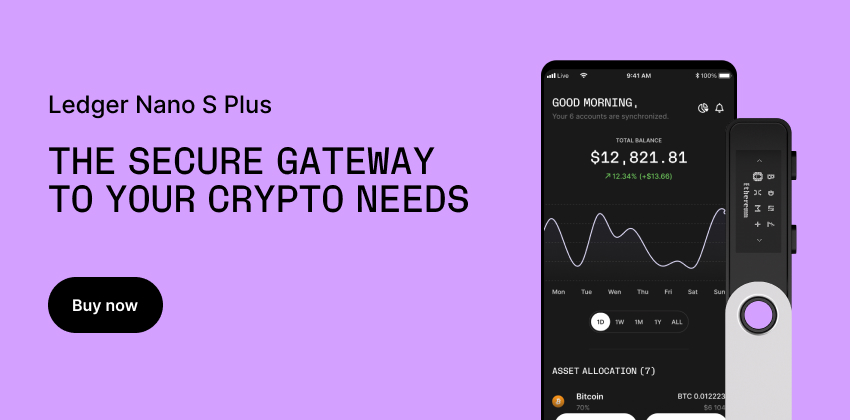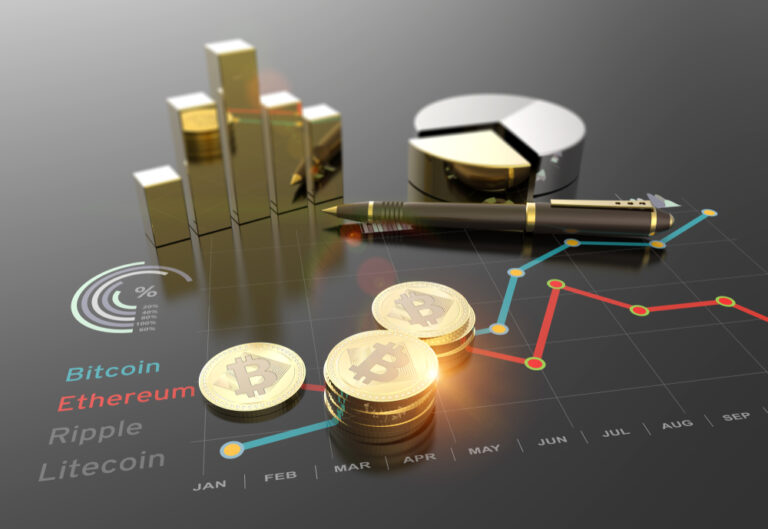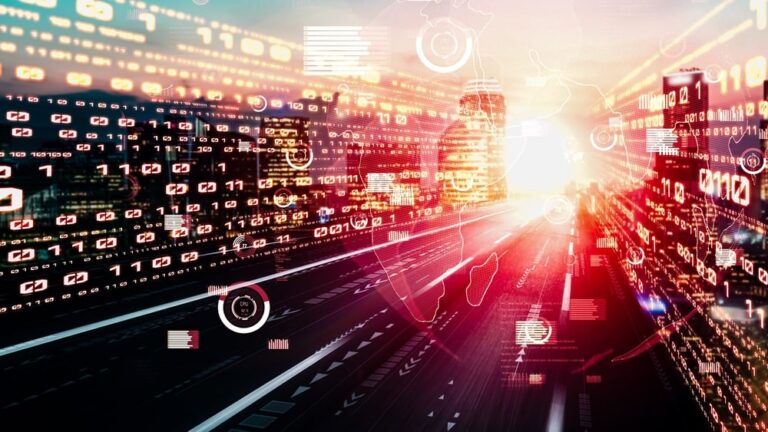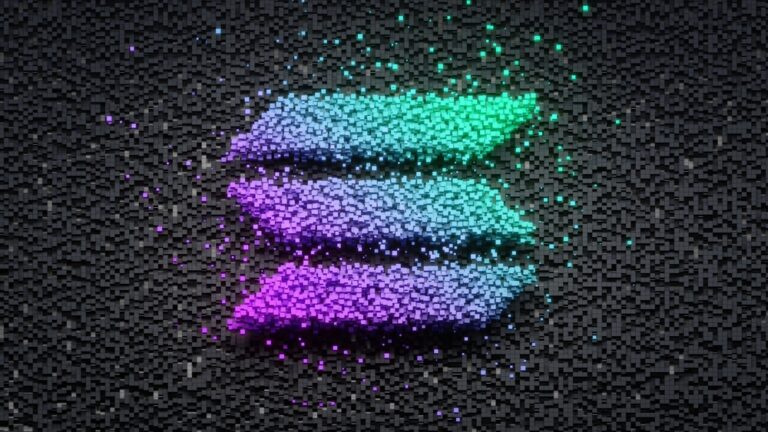Table of Contents
ToggleIntroduction
Real World Asset (RWA) tokens are a novel type of asset-backed token that bridge the gap between physical assets and the blockchain ecosystem. They represent ownership or a claim on real-world assets, such as property, commodities, or even cash flows, that are traditionally less liquid and more difficult to transfer. By tokenizing these assets, RWA tokens provide a mechanism to represent these real assets on a blockchain, making them more easily divisible, transferable, and accessible to a broader range of investors.

The use cases for RWA tokens are diverse, ranging from democratizing access to investment opportunities to improving the tradability of assets that were once hard to divide or sell. They also provide an alternative means of funding for asset owners, who can sell these tokens to raise capital without relinquishing complete ownership. In essence, RWA tokens have the potential to transform the landscape of asset management and investment by incorporating the benefits of blockchain technology, such as transparency, security, and efficiency.
Key Takeaways
- RWA tokens represent a direct link between real-world assets and blockchain.
- They expand investment opportunities and transform asset liquidity.
- Tokenization can innovate traditional asset management and raise capital efficiently.
Understanding RWA Tokens

Real-World Asset (RWA) tokens represent a cutting-edge application of blockchain technology, blending traditional finance with the digital token ecosystem.
Definition and Overview
RWA tokens are digital tokens that represent ownership or an economic interest in a tangible, off-chain asset. These assets typically include real estate, commodities, or even financial instruments. The tokenization process involves issuing tokens on a blockchain platform, which then act as a surrogate for the real-world asset, providing investors with fractional ownership and the ability to trade these tokens on digital asset markets.
- Characteristics of RWA tokens:
- Fractional Ownership: They offer investors a share in the asset, enabling smaller investment thresholds.
- Increased Liquidity: Tokenization can transform illiquid assets into tradable securities on blockchain networks.
- Transparency: Utilizing blockchain ensures immutable and transparent record-keeping.
- Accessibility: Enhances accessibility to asset classes traditionally reserved for institutional or accredited investors.
Evolution of Tokenization
The concept of tokenization is not entirely new, but its application through blockchain technology is a novel phenomenon. Initially, the term was closely associated with payment processing, protecting sensitive data by substituting it with non-sensitive equivalents, known as “tokens.” However, the evolution of tokenization in the context of blockchain has grown immensely, encompassing not only data protection but also asset representation and management.
- Timeframe of Advancements:
- Early Developments: The focus was on creating cryptocurrencies like Bitcoin.
- Ethereum and Smart Contracts: Enabled the expansion into tokenizing real-world assets.
- Present Day: Innovative platforms are exploring RWA tokens, addressing regulatory compliance and bridging the gap between traditional finance and decentralized finance (DeFi).
The tokenization journey has been marked by milestones such as the development of standards like ERC-20 for fungible tokens and ERC-721 for non-fungible tokens (NFTs), which have set the stage for RWA tokens to emerge as a credible means of digitizing and simplifying ownership in various assets.
Blockchain Fundamentals

Understanding the infrastructure of blockchain technology is essential to grasp the functionalities and capabilities of RWA (Real World Asset) tokens within this innovative space. It lays the foundation upon which versatile smart contracts are built, enabling decentralized finance (DeFi) applications to thrive.
Blockchain Technology
Blockchain is a distributed ledger that exists across multiple computers, ensuring that records are public and immutable. Each block in the blockchain contains a number of transactions; once full, it is closed and linked to the previous block, forming a chain. This inherent design promotes transparency and security within the crypto sphere, notably within platforms like Ethereum, which supports a wide range of applications far beyond simple monetary transactions.
Smart Contracts
Smart contracts are self-executing contractual agreements embedded in code on the blockchain. They automatically enforce and execute the terms of a contract when predefined conditions are met, eliminating the need for intermediaries. On the Ethereum platform, smart contracts are a pivotal component, enabling complex actions and automated workflows to take place within the DeFi ecosystem. They are the cornerstone enabling RWA tokens to represent and transact real-world assets securely and transparently on the blockchain.
Use Cases for RWA Tokens

Real-world assets (RWAs) are increasingly tokenized to bring together the tangibility of physical assets and the efficiency of blockchain technology. Tokenization facilitates fractional ownership, enhances liquidity, and opens up global markets for these assets.
Fractional Ownership
Tokenizing real-world assets allows them to be divided into smaller, more affordable shares. This fractional ownershipenables investors, who may have been priced out of the market previously, to invest in high-value assets such as real estate or fine art. It democratizes investment opportunities and is particularly significant in industries where the assets are typically high value and illiquid.
Increased Liquidity
Tokenization can substantially increase liquidity for real-world assets. By representing asset shares as tokens on a blockchain, these assets become easier to trade on secondary markets. This flexibility can attract a broader range of buyers and sellers, potentially leading to more dynamic pricing and a more efficient market.
Open Markets
RWA tokens facilitate open markets by breaking down the traditional barriers of cross-border trading. Transactions can occur on a global scale without the usual geographical restrictions, enabling a larger pool of participants. Markets become more inclusive, allowing for a diverse group of investors to engage in trading and investment previously limited to specific regions.
RWA Tokenization in Different Sectors

Real-world asset (RWA) tokenization represents a growing trend in leveraging blockchain technology to unlock liquidity and fractionalize ownership in various sectors. Through tokenization, assets that were once difficult to divide or trade can now be more easily accessed and transacted. This shift has tangible implications for industries like real estate, art, and commodities.
Real Estate
In the real estate sector, RWA tokenization facilitates the fractional ownership of property. It allows investors to buy and sell tokens representing a stake in a physical asset like commercial or residential real estate. For example, a building valued at $10 million can be tokenized into 1 million tokens, each token representing a $10 share of the property. This process not only democratizes investment by lowering the barrier to entry but also increases liquidity in a traditionally illiquid market.
Art and Collectibles
The art and collectibles market has often grappled with issues such as provenance verification and the high cost of entry. By tokenizing artwork or collectibles, each piece can be divided into digital shares, providing a new avenue for art enthusiasts and collectors to invest in high-value assets at a lower price point. It also simplifies the process of proving ownership history, enhancing trust and transparency in an industry that is susceptible to forgery and disputes.
Commodities and Precious Metals
Tokenization in commodities and precious metals, such as gold, introduces a novel method for trading and investing in these tangible assets. With each token representing a specific quantity of the physical commodity, investors can trade these tokens on digital exchanges without the need to handle the physical goods. This reduces the costs and complexities associated with storage and transportation, potentially increasing market participation. Moreover, tokenization can provide a more stable investment option, as tokens backed by physical commodities may be less volatile compared to other digital assets.
Investment Opportunities

The advent of Real World Assets (RWA) tokens is redefining investment opportunities by offering unique advantages beyond traditional finance. Investors are now able to access diversified assets with the potential for attractive yields, thus transforming the landscape of investment in stocks and bonds.
Diversification
RWA tokens allow investors to diversify their portfolios by gaining exposure to a range of assets that are often not correlated with the volatile stock market. This includes, but is not limited to, commercial real estate, infrastructure projects, and even fine art. This form of diversification can mitigate risk and stabilize returns, providing an effective hedge against market downturns.
Yield Generation
Investors are consistently on the lookout for opportunities to generate yields that outperform traditional savings accounts or fixed income bonds. RWA tokens, collateralized by real-world assets, may offer competitive yield generationcapabilities. The potential for generating passive income streams from such tokens can be an alluring option for income-focused investors.
Traditional Markets versus RWA Tokens
Comparing traditional markets with RWA tokens reveals significant differences. While stocks and bonds are well-established forms of investments known for their regulated trading venues, RWA tokens operate on blockchain technology, offering increased transparency and security. It is imperative for investors to appreciate the nascent stage of the RWA token market, which also entails distinct regulatory considerations and liquidity profiles compared to traditional finance.
Market Mechanics

RWA (Real-World Asset) tokens represent an emerging class of blockchain-based financial instruments that bridge physical assets with digital markets. This section outlines the dynamics of RWA tokens in the context of trading activities, adherence to legal and regulatory standards, and their influence on market capitalization.
Trading and Liquidity
RWA tokens operate in specialized markets that facilitate the exchange of asset-backed tokens. Unlike traditional cryptocurrencies, trading these tokens often entails assessing the underlying real-world asset’s value. Financial institutions and exchanges provide platforms where RWA tokens can be traded, ensuring a level of liquidity crucial for market stability. The ability to trade these tokens hinges on a robust ecosystem where market participants are confident in transparent pricing and the availability of assets.
Risk and Compliance
Navigating through compliance frameworks is central to the operation of RWA tokens. They are typically categorized as security tokens, which means they are subject to stringent regulatory standards. The issuers and traders of RWA tokens must comply with local and international regulations to prevent fraud and ensure investor protection. Compliance ensures that all market players adhere to know-your-customer (KYC) and anti-money laundering (AML) requirements, reinforcing the legitimacy and security of the trading environment.
Market Capitalization
The market capitalization of RWA tokens is a reflection of the aggregate value of issued tokens and the perceived value of the underlying assets. Market capitalization fluctuates based on trading volume and the asset’s performance it represents. Since RWA tokens can represent a diverse range of assets—from real-estate to art, to corporate debt—this metric can provide insights into not only the popularity of specific tokens but also into the health and trends of broader asset classes within the digital token marketplace.
Regulatory Landscape

Regulators worldwide are diligently framing rules to ensure that Real-World Asset (RWA) tokens operate within a structured legal context, aiming to protect investors while fostering innovation. This involves careful consideration of legal frameworks, compliance with AML and KYC regulations, and the extent of governmental oversight.
Legal Framework
The legal categorization of RWA tokens is fundamental to their governance. Depending on the jurisdiction, they may be classified differently, affecting how they are issued, traded, and taxed. For instance, a court may determine whether RWA tokens are securities, which would make them subject to strict securities laws and disclosures standards to maintain market integrity and protect investors.
Anti-Money Laundering (AML) and KYC
Compliance with AML and Know Your Customer (KYC) regulations is mandatory for RWA tokens to prevent illicit activities. KYC procedures involve verifying the identity of token holders, while AML frameworks require monitoring transactions and reporting suspicious activities to relevant authorities. Such measures help in creating transparency and trust in the RWA tokens ecosystem.
Governmental Oversight
Governments are keen to ensure that RWA tokens do not undermine financial stability or facilitate illegal activities. They require that entities involved with RWA tokens adhere to regulatory standards, including compliance checks and operational guidelines. This oversight often includes regular audits, as well as the need to secure licenses or approvals from financial regulatory bodies before operating or advertising to consumers.
Technology and Innovation

In the burgeoning world of decentralized finance, Real-World Asset (RWA) tokens represent a significant step forward, marrying the tangible with the digital through advanced technology. The innovation lies in leveraging blockchain networks to provide transparency and smart contracts to automatize transactions, greatly expanding the possibilities for asset tokenization.
Blockchain Networks
Blockchain networks serve as the backbone for RWA tokens, providing a decentralized and immutable ledger for recording transactions. Ethereum, for instance, stands out as the premier platform for token issuance due to its well-established ecosystem and comprehensive support for smart contracts. Networks such as Ethereum enable RWA tokens to be bought, sold, or exchanged in a secure enviroment, facilitated by innovations like the atomic swap technology which allows for the direct exchange of different cryptocurrencies without the need for traditional intermediaries.
Smart Contracts and Oracles
Smart contracts are self-executing contracts with the terms of the agreement directly written into lines of code. They autonomously enforce and execute the underlying terms of a contract when predefined conditions are met. In the realm of RWA tokens, smart contracts ensure that the representation of physical assets in the digital space operates smoothly, often employing DeFi protocols to unlock liquidity.
Oracles play a pivotal role in bridging the external data with the blockchain. They feed real-world information to smart contracts, allowing them to interact with off-chain events. This connection is critical for RWA tokens, ensuring that the value and ownership of a real-world asset accurately reflect in the digital space. The integration of oracles enhances the capability of smart contracts, allowing them to react to real-world events and trigger corresponding blockchain actions with precision and reliability.
Challenges and Considerations

Real World Asset (RWA) Tokens represent an exciting frontier in decentralized finance, promising to tokenize physical assets and broaden investment opportunities. Despite their potential, there are significant hurdles to overcome, especially concerning intermediaries, centralization, and security challenges.
Intermediaries and Centralization
Even in the realm of decentralized finance, RWA Tokens necessitate a degree of involvement from intermediaries. These entities, whether they are custodians or platforms facilitating the tokenization process, introduce a layer of centralization. This reliance can lead to a concentration of control and potential points of failure that decentralization aims to eliminate. It is critical that intermediaries involved with RWA Tokens ensure transparent operations and maintain high levels of accountability to sustain trust within the ecosystem.
Security and Fraud Prevention
With the introduction of security tokens representing real-world assets on the blockchain, the necessity for robust identity verification systems becomes paramount. The digitization of assets enlarges the attack surface for malicious actors, making fraud prevention a top priority. Crypto exchanges and platforms that handle RWA Tokens must implement comprehensive security measures, such as multi-factor authentication and smart contract audits, to protect investors. Moreover, continuous monitoring for suspicious activities is essential to address fraud risks in a timely and effective manner.
Future of RWA Tokenization
The potential for real-world asset (RWA) tokenization continues to shape the landscape of digital finance, driving innovation and unlocking value across multiple sectors.
Trends in Digital Assets
Blockchain technology is advancing, and with it, the digital asset market is undergoing significant transformation. One notable trend is the increasing integration of non-fungible tokens (NFTs) with RWAs. This tokenization processenhances the liquidity of physical assets, allowing them to be traded with the same ease as cryptocurrencies. Further, asset-backed tokens are becoming more prevalent as they provide tangible value backing, bridging the gap between the physical and digital worlds.
In terms of regulation, there is a clear trajectory towards the establishment of legal frameworks to govern the issuance and trade of these digital assets. This creates a more secure environment for investors and could potentially lead to increased institutional adoption.
Expansion of RWA Token Markets
The expansion of RWA token markets signals a robust future for the asset class. Key financial sectors such as real estate, fine art, and commodities are already exploring tokenization to democratize access and enhance asset liquidity. We are witnessing the emergence of platforms enabling small-scale investors to partake in opportunities previously accessible only to large-scale institutional investors.
Furthermore, the coupling of RWA tokens with smart contracts presents possibilities for automated compliance, streamlining the trading process and ensuring adherence to regulations. As the market matures, the diversity of assets available for tokenization is likely to grow, nurturing a fertile ground for innovation and investment.
Conclusion
RWA (Real World Asset) tokens are emerging as a significant innovation in blockchain technology. They tokenize physical assets, enabling these assets to be traded and managed on decentralized platforms. This integration of the tangible and digital worlds offers numerous benefits, such as increased liquidity, transparency, and accessibility.
The use cases for RWA tokens are diverse:
- Financial Inclusion: People in areas with underdeveloped banking systems can gain access to financial services.
- Investment Opportunities: Investors have a new avenue to diversify portfolios with tokenized real-world assets.
- Efficiency in Transactions: RWA tokens can streamline processes, reducing time and cost related to asset transfers.
Despite the potential, certain challenges must be navigated carefully. Regulatory compliance, technical integration of physical assets into a blockchain, and ensuring the security and authenticity of the tokenized assets, remain top concerns.
Still, the trajectory for RWA tokens is promising, and industry observers anticipate significant growth and innovation in this space. Their ability to bridge the gap between real-world assets and the efficiency of blockchain technology could herald a new era in asset management and investment.
Frequently Asked Questions
The adoption of Real World Asset (RWA) Tokens is redefining asset liquidity and investment strategies. Below are detailed answers to some of the most pressing questions surrounding the use and implications of RWA tokens.
How does tokenization of real-world assets improve liquidity in markets?
Tokenization allows real-world assets to be divided into smaller, more affordable units, making them accessible to a broader range of investors. This creates a more liquid market as assets that were previously illiquid or had longer holding periods can now be traded more easily.
In what ways can tokenization impact the future of real estate investments?
Tokenization can revolutionize real estate investments by enabling fractional ownership, lowering entry barriers, and offering more transparency in transactions. As a result, it could attract a new segment of investors and potentially increase the value of real estate markets.
What are the primary benefits of using RWA tokens for asset owners and investors?
For asset owners, RWA tokens offer enhanced liquidity and the possibility to reach a global investor pool. Investors benefit from access to a diversified asset class, usually with lower transaction costs and the potential for higher liquidity compared to traditional real estate investments.
How does the regulatory landscape affect the implementation of RWA tokens?
Regulatory compliance is crucial for the adoption of RWA tokens. The landscape varies by jurisdiction, affecting how tokens are issued, traded, and held. Adhering to regulations ensures legal recognition of token ownership and protects stakeholders.
What technological infrastructure is required to support RWA tokenization?
The infrastructure for RWA tokenization includes blockchain technology to ensure secure, transparent, and immutable transactions. Additionally, platforms for the tokenization process, and services for asset valuation and legal structuring are required.
What are the risks associated with investing in RWA tokens?
Investing in RWA tokens carries risks such as regulatory uncertainty, potential market volatility, and technology risks associated with the blockchain. Investors must also consider the due diligence process, asset valuation accuracy, and potential illiquidity in secondary markets.

